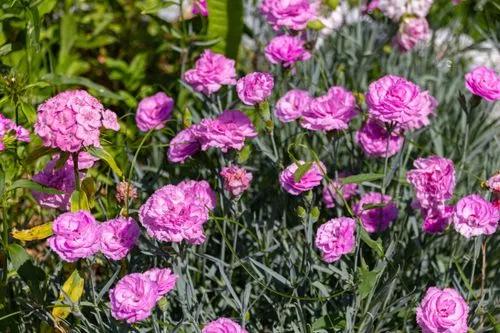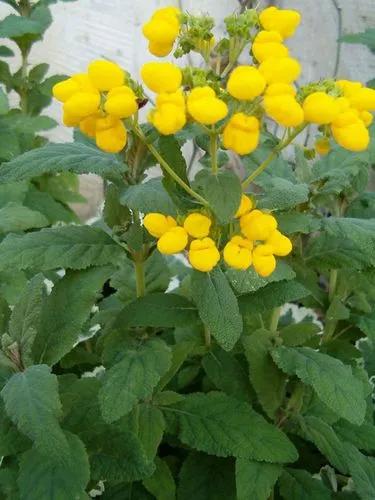Oenothera biennis (common evening-primrose, evening star, sundrop, weedy evening primrose, German rampion, hog weed, King's cure-all, or fever-plant) is a species of Oenothera native to eastern and central North America.
Common evening-primrose Care
Oenothera biennis



Oenothera biennis has a life span of two years (biennial) growing to 30–150 cm (12–59 in) tall. The leaves are lanceolate, 5–20 cm (2–8 in) long and 1–2.5 cm (1⁄2–1 in) broad, produced in a tight rosette the first year, and spirally on a stem the second year. Blooming lasts from late spring to late summer. The flowers are hermaphrodite, produced on a tall spike and only last until the following noon. They open visibly fast every evening producing an interesting spectacle, hence the name "evening primrose." The blooms are yellow, 2.5–5 cm (1–2 in) diameter, with four bilobed petals. The flower structure has an invisible to the naked eye bright nectar guide pattern. This pattern is apparent under ultraviolet light and visible to its pollinators, moths, butterflies, and bees. it can be invasive in eastern and central North America.
How to Care for the Plant

Water

Evening primrose does best with adequate irrigation. Still, the plant is quite drought-tolerant.

Fertilizer

Although evening primrose will perform better in soil of average fertility, performance can be heightened by growing it in soil that has been amended.

Sunlight

The plant needs a place in full sun. Tolerates some part afternoon shade and some drought.

Soil

Easily grown in average, medium moisture, well-drained soils. It grows well in gravelly or sandy soils.

Temperature

The plant can be grown in the areas with the lowest winter temperatures of −34.4°C (−30°F).

Popularity

2,091 people already have this plant 409 people have added this plant to their wishlists
Discover more plants with the list below
Popular articles






